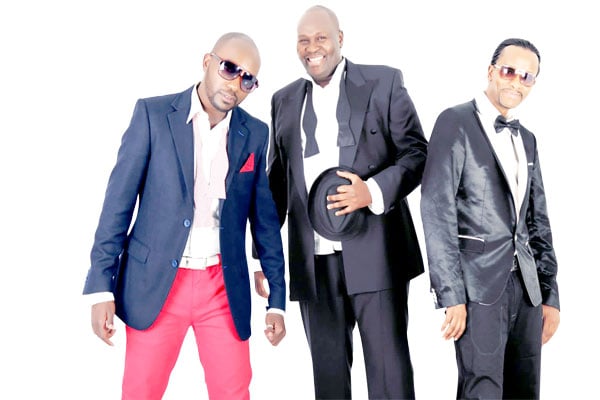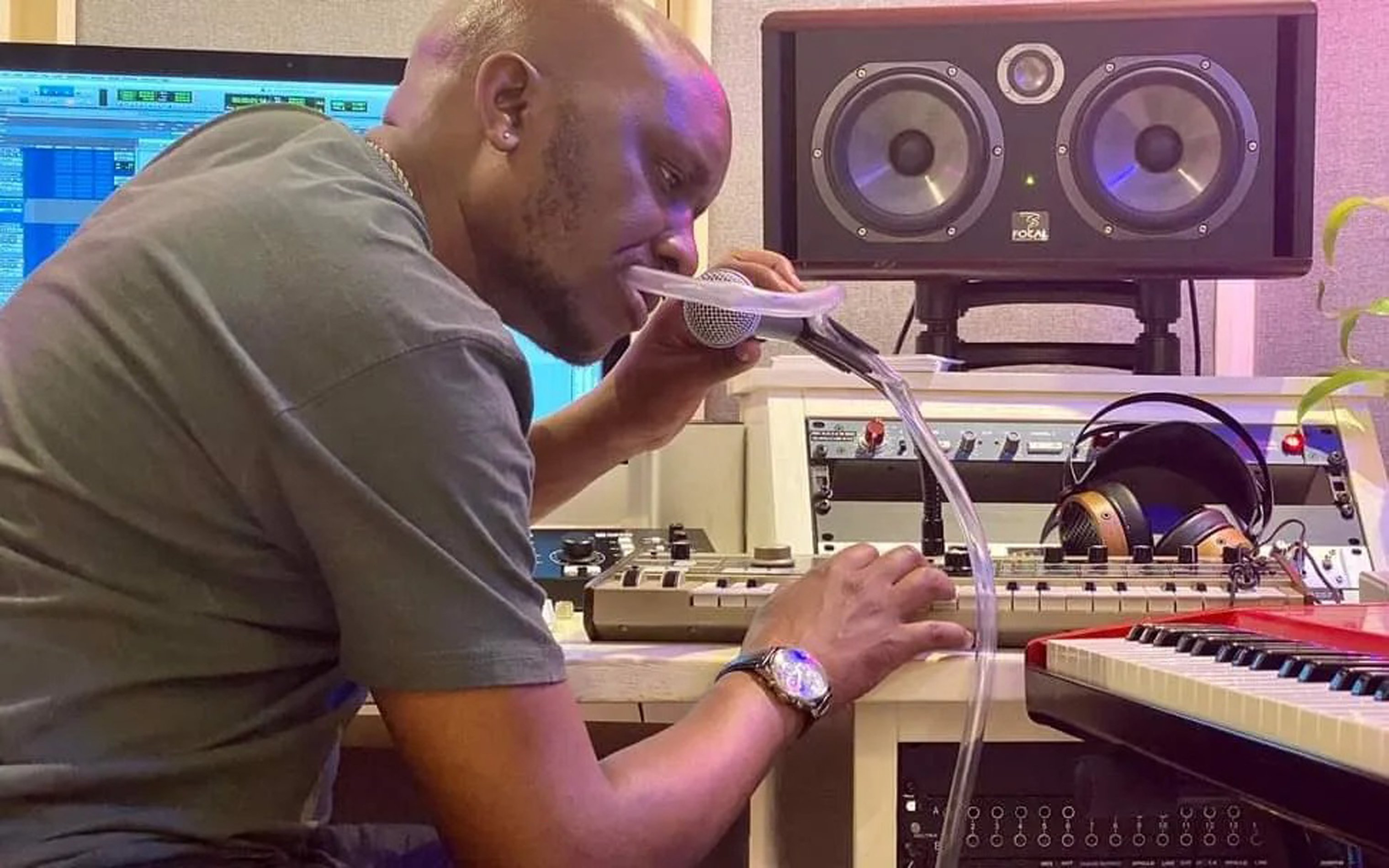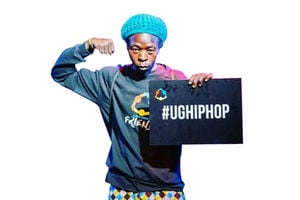
Saba Saba aka Krazy Native of The Bataka Underground was one of the original rappers in the 1990s. PHOTO/ The Bataka Underground
Kampala in 1991 was a far cry from the Kampala of today. In fact, it is safe to say, in 1991, Kampala was still in the nappy phase of its development—babied by the emergence of a new elite. Back in the day, Kampala was down to its barest necessities. For instance, it had only three official takeaways.
There was Christian takeaway on the road fetching up from Wilson Road to Kampala Road, Sgt Peppers on Kimathi Avenue and Kembabazi Restaurant in Wandegeya on Biashara Street.
Christian Takeaway was small, catering to the local and upmarket set that was not necessarily Christian.
Kembabazi, or Kembabazi’s as some called it, was perfect for burgers, the size of one’s bloated stomach, after they were served hot and heavy. You know, like the date that brought you there, away from the booze-swept Bermuda Triangle (also in Wandegeya).
Meanwhile, Sgt Peppers catered to the sprouting expatriate class, who preferred their chips slightly leaner and longer than what was on offer, elsewhere in Kampala. With Odeon Cinema being a bombed-out shell of its former self, Nita “cinema” provided cinema goers, benches to sit on and a moderately sized screen to appreciate Jean Claude Van Damme’s balletic violence.
All over, Kampala was disfigured as buildings were dented with bullet holes depicting the true extent of humanity’s capability for mindless violence. Kampala Road was the only road on Main Street stretching with steadiness instead of speed. Although the city was somewhat “slow”, by today’s standards, at least, it seemed devoted to contrasting the horrors of Amin and Obote years, with the gilded era of the early Museveni years.
Straight outta diaspora
As exiles returned from much more affluent cities around the world, Kampala suddenly took on a brand new complexion that coloured it bad, Michael Jackson bad. All around, swaggering youth, subjected the city to a relentless barrage of fashion-forward depth charges that exploded into the splash hip-hop was suddenly making. It, therefore, came as no surprise that the hip-hop community in Uganda, at the time, was defined by the twang of accents that could not exactly be traced back to Ntungamo, Masindi, Masaka or Gulu.
These accents were the hot property of sons and daughters of returnees, who adored the American rap group Public Enemy, as the National Resistance Movement (NRM) designated the Uganda Peoples Congress as Public Enemy. Again, they danced like MC Hammer as the NRM danced a soft shoe around exactly how it planned to heal the country.
MC Afrik
Out of this setting, emerged arguably Ugandan rap’s foremost acts. His real name was Jimmy Bageire. Physically, he resembled a hatted Chuck D, who was the leader of Public Enemy. Temperamentally, he was more of a blend of a Big Daddy Kane and Ernesto “Che” Guevara. Widely popular, his stomping ground was the stage in Sheraton Hotel’s Rwenzori Ballroom. His first studio song Watoto w’Africa was recorded at Dungeon studio in 1995.The song was produced by Steve Jean, executive producer, Peter Sematimba and co-written by songwriter cum Radio Host Bob Bashabe.
Prim N’ Proper
Lillian Butele and Brenda Zobbo toughed it out on a testosterone-fuelled rap scene. These exquisitely talented rappers were the Salt-N-Pepa of Uganda. One of their best outings was when they performed a rendition of Salt-N-Pepa’s Shoop at Sheraton Hotel. Featuring Roger Mugisha, their performance brought down the house.
D N’ D Slam
This rap group grew out of the hallowed corridors of England House, King’s College Budo. Originally joined by a third member, Duncan Ndugwa, James Onen and the late Martin Kisumba, decided two was company. When they became a duo, their lyrical lightness of touch cast them in the mould of American rap duo Kid N’ Play. They could rap, sing and dance (small-small).
The Zulu Squad
Led by Budonion Moses Muwonge, this five-man group modelled itself on the American rap group Onyx. Their bald pates, sagging jeans and cockney accents… hold up. If they had cockney accents, which are British, how did they manage to channel Onyx? You ask. Well, they had a flow that managed to balance the whiny accent of a David Beckham, with the infectious hooks of American inner city rap.
The Bataka Underground
Along with founder Babaluku (less commonly known as Sniperous MC), Saba Saba aka Krazy Native, and Big Poppa Momo MC were arguably the most original rappers at the time. Their visionary single Atooba (What about you) embarked this group on a Hip-hop ride as intense as the Bataka Uprisings in 1945 and 1949. Civil disturbances aside, while Bataka’s members were all multilingual, their linguistic medium was Luganda. They were certainly the forerunners or originators of Lugaflow.
Da Mac Pac
These two Ugandan brothers attended Lincoln Academy. They were knock offs of Kris Kross. If you do not know Kriss Kross, that is on you. They were something of a two-hit wonder American hip-hop duo, consisting of Chris “Mac Daddy” Kelly and Chris “Daddy Mac” Smith.
Positive Power
This group comprised five Budonians, including Tendo Kagwa, Chris Onen, Alan Lwanga, Robin Kizito and Philip Mukasa. They danced better than they rapped, but were still popular enough to stage a sold-out show at Sheraton Hotel.




